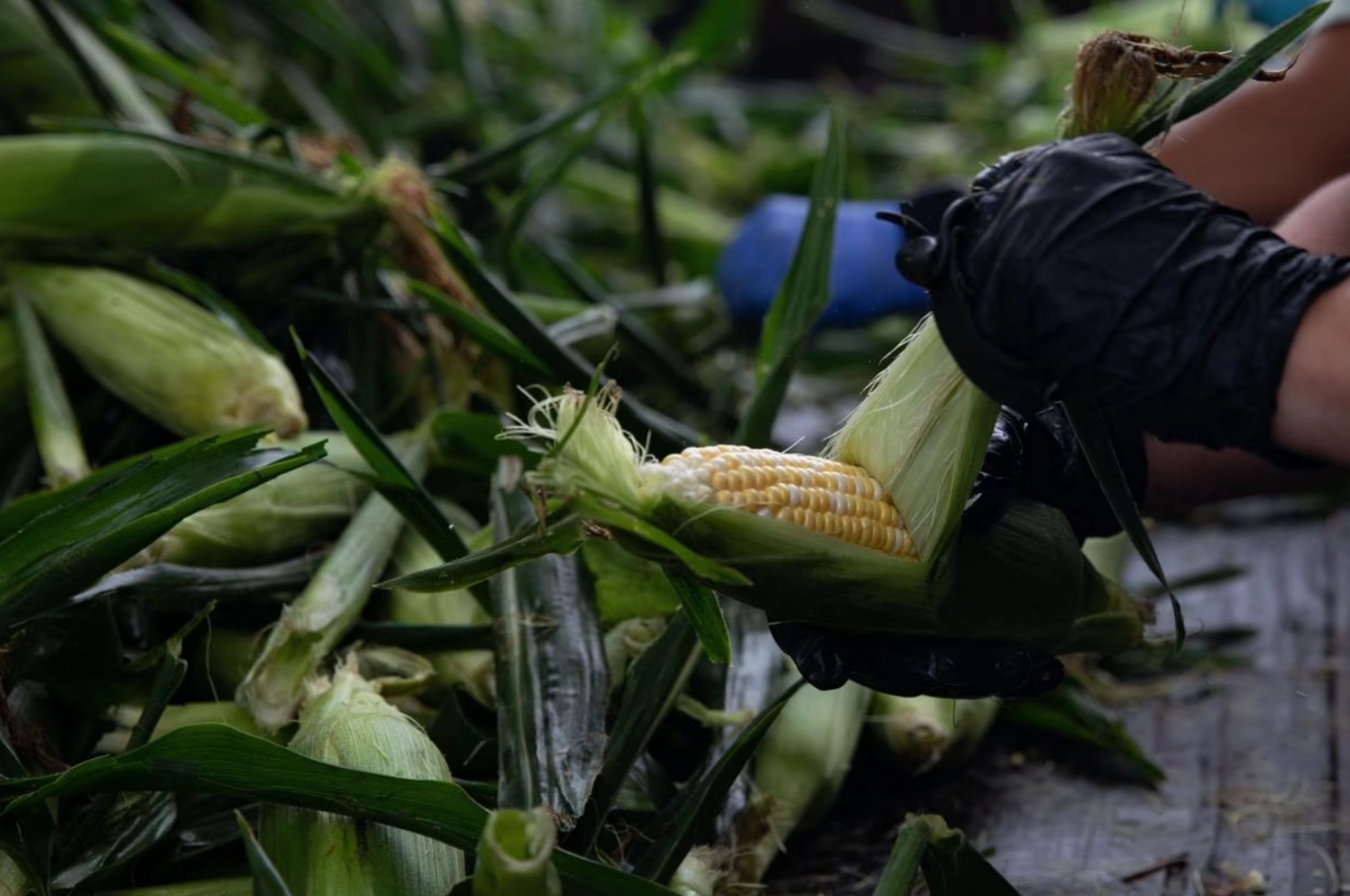The conflict over Mexico’s restriction on importing transgenic corn is a dispute between the interests of the U.S. agricultural industry and both the biotech industry and the Mexican government’s effort to recover some of the external sovereignty that has been lost over the last 40 years. Washington’s warnings that non-compliance with the T-MEC trade agreements could lead to the implementation of U.S. tariffs may well be a manifestation of what Colin Crouch has called post-democracy: formally democratic (liberal) governments, in which periodic elections are held, but in which business corporations are not subordinated to the authority of the national state.
Post-democracy and “coloniality”
In post-democracies, business interests have such overwhelming power that they lobby to modify national regulations to their convenience. Decision-making takes place in private spaces hidden from public scrutiny, that is, behind the back of public opinion, which, in the end, can be manufactured à la carte.
Perhaps Mexico is not a case of post-democracy, since it is not certain that we have ever managed to consolidate liberal democratic institutions. But business interests operate in Mexico in exactly the same direction: toward the dissolution of national sovereignty and in favor of business interests.
In fact, we might think that, in regimes that have not consolidated more or less strong democratic institutions, the interests of transnational corporations operate in a more energetic and predatory manner, and have structured them not as post-democracies, but rather according to what Walter Mignolo has called the matrix of “coloniality”. This is a logic in which external capitals work in complicity with internal elites to extract wealth, appropriate a country’s labor and resources, and plunder its natural environments through the subjugation and thinning of the sovereign state.
An anti-science stance?
The problem of transgenic corn can be understood in this way. But, publicly, it takes the form of a discussion on scientific evidence. The Mexican government warns about the danger of the herbicide glyphosate, which has been linked to cases of cancer in the United States and Europe, and says that allowing the entry of transgenic corn seeds could contaminate native Mexican varieties and affect biodiversity. Let us remember that Mexico is a central origin of corn and has about 60 native breeds.
Washington only responds, using the old rhetoric of the tobacco and oil companies against climate change, that these scientific claims do not have strong scientific validation. This may be true, but it is not the core of the problem, only its rhetorical justification.
One could respond to the aforementioned issue in different ways: by appealing to the precautionary principle (which is what the Mexican government has, in fact, done), stating that in the face of sufficiently great danger or threat with possible irreversible effects, the lack of convincing evidence will not be sufficient reason not to take precautionary measures. Simple reasonable suspicion – which implies that the evidence must point to the risk, even if its conclusions are not definitive and irrefutable – should suffice.
In turn, we could further consider, and in accordance with Funtowicz and Ravetz’s concept of post-normal science, that when science is used to justify political issues, especially when we are talking about complex systems such as socio-environmental ones, it does not give certainty in terms of recommendations. This means that, in reality, “scientifically proven” arguments have subcontracted science to legitimize a political decision. The case of transgenic corn safety is a clear example of this perverse use of scientific certainty (or the supposed lack thereof) for political and economic purposes.
Transfer of technology, transfer of culture
However, the most worrying argument has to do with the effects that the introduction of transgenic corn could have on the forms of work organization and the social structure of a large part of rural Mexico. In this case, we should not forget that those in favor of the introduction of transgenic corn are the farmers in the north of the country, where the enormous extensions of land make the application of intensive agroindustry viable, which depends on large machinery and agrochemicals to cultivate monocultures.
However, its introduction in the south and southeast of Mexico is absolutely unfeasible: it would not only affect corn varieties but also the natural biodiversity of the area, which would be seriously damaged by extensive plantations of transgenic seeds resistant to herbicides that would be fatal for other plants. Moreover, as the authorities have insisted ad nauseam, the Mexican diet, mainly in the Mesoamerican zone, is highly dependent on corn both culturally and nutritionally. The introduction of technologies is not neutral, since it brings with it culture, so we might expect that the importation of transgenic corn for human consumption will affect not only health or biodiversity but also eating habits and culinary culture.
Indeed, technology transfer also transfers culture, including labor culture. The forms of social organization of indigenous peoples and rural communities are largely structured around the land and the work functions of each individual. The introduction of this technology could have consequences of social disintegration, as happened in the past when subsidies to the countryside were withdrawn during the Salinas administration, which caused an unprecedented wave of migration to the cities and the United States.
In defense of self-determination
Therefore, the reasons to oppose the introduction of transgenic corn are not anti-science rhetoric (there are transgenic cotton and soybean plantations in Mexico) or stiff nationalism. There are compelling reasons to be cautious. The problem is that big capital does not care about these reasons. Thus, the conflict has to take the form of a defense of external sovereignty, a defense of the capacity for self-determination in matters of utmost importance such as the defense of biodiversity, health care, and the preservation of our cultures.
*Translated from Spanish by Janaína Ruviaro da Silva












